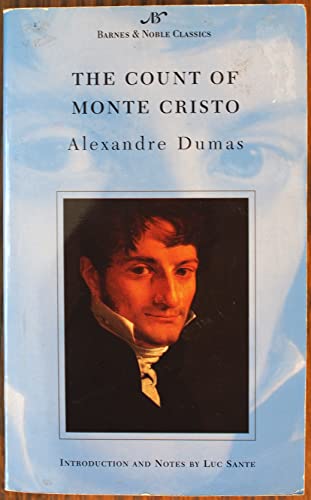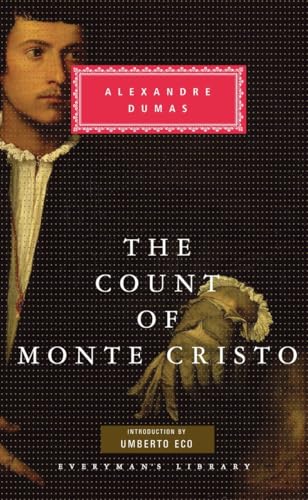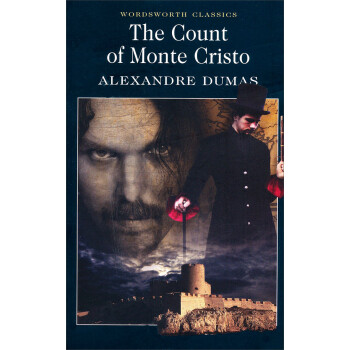

|a France |x History |y 19th century |0 |v Fiction. He then sets upon the course of revenge against his old enemies. After staging a dramatic escape, he finds the fabulous treasure of Monte Cristo which makes him wealthy. |a The Count of Monte Cristo is the tense and exciting story of Edmond Dantes, a man on the threshold of a bright career and a happy marriage, who is imprisoned in the island fortress of the Chateau d'If on a false political charge.

|a Includes bibliographical references (pages 607-608). |a Translation of: Le Comte de Monte-Cristo. |a New York : |b Barnes & Noble Books, |c |a The Count of Monte Cristo / |c Alexandre Dumas with an introduction and notes by Luc Sante. His work ignored historical accuracy, psychology, and analysis, but its thrilling adventure and exuberant inventiveness continued to delight readers, and Dumas remains one of the prodigies of nineteenth-century French literature.|a PLJ |b eng |c PLJ |d OCLCQ |d BAKER |d BTCTA |d OCLCG |d VUE |d JSG |d COM With collaborators, mainly Auguste Maquet, Dumas wrote such works as The Three Musketeers (1843-1844) its sequels, Twenty Years After (1845) and the great mystery The Man in the Iron Mask (1845-1850) and The Count of Monte Cristo (1844). Dumas's overall literary output reached more than 277 volumes, but his brilliant historical novels made him the most universally read of all French novelists.

His lavish spending and flamboyant habits led to the construction of his fabulous Château de Monte-Cristo, and in 1851 he fled to Belgium to escape creditors. His first play, Henri III et sa cour (1829), scored a resounding success for its author and the romantic movement. His early education was scanty, but his beautiful handwriting secured him a position in Paris in 1822 with the du'Orléans, where he read voraciously and began to write. He was born in Villers-Cotterêts, France.

Alexandre Dumas (1802-1870) lived a life as romantic as that depicted in his famous novels.


 0 kommentar(er)
0 kommentar(er)
